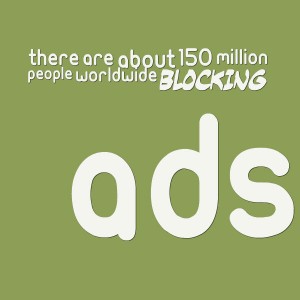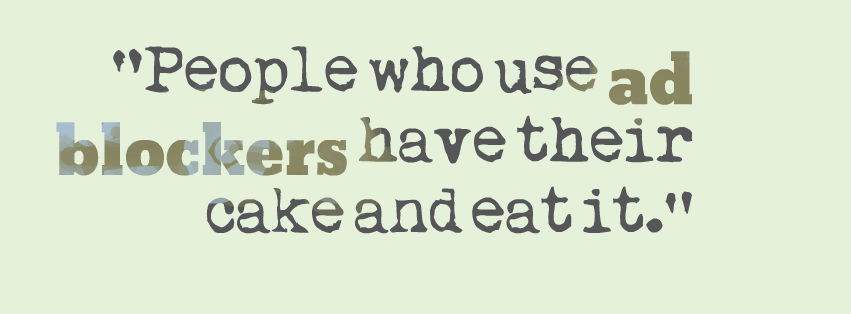The IAB UK outlines how ad blocking prevents brands and publishers from reaching their audiences with effective and relevant communications and content
How many times a day do you check your email, log on to Facebook, ‘Google’ the weather forecast, or check the headlines online? I’d wager that it’s more than a handful of times – and that you don’t expect to be charged for doing so, either.
That’s precisely the rub when it comes to ad blocking software. Through our research with YouGov we have found that more than half of web users in the UK don’t understand that advertising funds their activities online.
And so, as ad blocking moves mainstream, with some 15% of the online population in the UK now using such software (the figure is much higher in younger age-groups, too), greater understanding is needed to protect our online ecosystem – even our way of life.
Ad funded internet
It will come as no surprise, perhaps, to hear us say that the IAB believes in the ad funded internet. But we do also strive to maintain and to protect a system which is responsible and informative.
As such, part of the answer to the seemingly inexorable rise of ad blocking is to provide an ad experience which enhances our lives online, rather than one which interrupts us, annoys us or slows us down.
How advertising funds content
We want to work with our members to help consumers understand how advertising funds content. It is encouraging that AdBlock Plus – one of the key players in the ad blocking market – has now said it will consult the industry rather than seeking to unilaterally determine what constitutes ‘acceptable’ advertising. This is welcome and we want to help our members engage, bringing the debate out into the open.
There are about 150 million people worldwide blocking ads. It’s a global problem and, as millennials get older, the figure looks set to rise quite significantly. Ad blocking is no longer a behaviour which remains the preserve of early adopters or the tech savvy; yet businesses are not responding in a consistent fashion to this threat.
Indeed, the nirvana is a consistent, borderless approach, whilst a large part of the debate as to how we get there will centre on value exchange. According to our CEO Guy Phillipson, “People who use ad blockers have their cake and eat it.”
“The bottom line,” he says, “is that if the web didn’t have ads, most sites could only exist by charging subscriptions.”
He points out, too, that advertisers, publishers and technology providers have a key role to play in ensuring that sites are not cluttered with ads which interfere with people’s enjoyment of the web. “People should enjoy quality content with quality ads,” he says. This should now read as something of a warning to our industry.
Because the truth, as our chairman Richard Eyre rightly points out, is that advertising is the ‘currency’ of the web. Digital advertising supports an ecosystem that works for creators of content and services, and for users. Hence the £7.2bn spent on it last year in the UK alone.
If ad blocking software providers want to change this business model, we need to make sure it’s not to the detriment of us all.


